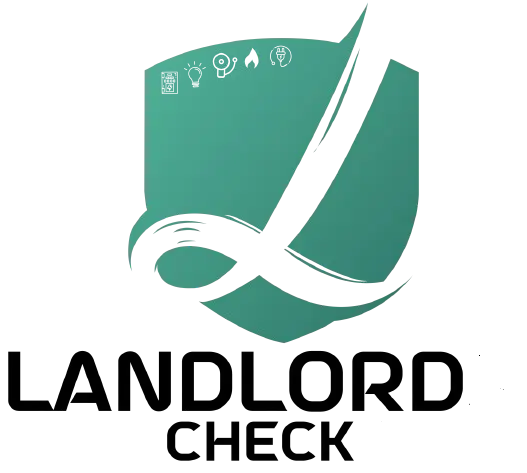This article aims to unravel the legal obligations tied to London fire risk assessments, providing insights into the procedures for obtaining this crucial certificate. Moreover, we will delve into the indispensable role that engineers play in conducting comprehensive fire risk assessments.
The Significance of Fire Risk Assessments:
In a metropolis like London, the density of both residential and commercial structures poses unique challenges when it comes to fire safety. Fire risk assessments serve as a proactive measure to identify potential hazards, evaluate escape routes, and implement preventive measures. These assessments are not only vital for legal compliance but are integral to the overall safety and well-being of the community.
Legal Obligations:
The Regulatory Reform (Fire Safety) Order 2005 mandates that all non-domestic premises in the United Kingdom, including those in London, must undergo a fire risk assessment. This legal requirement places the responsibility squarely on the shoulders of the person or entity with control over the premises. This could be the property owner, manager, or employer, and the assessment must be carried out by a competent person.
The legal obligations tied to London fire risk assessments include:
-
Identifying Fire Hazards: A thorough examination of the premises to identify potential fire hazards such as faulty wiring, flammable materials, or inadequate fire exits.
-
Evaluating Escape Routes: Assessing the adequacy of escape routes for occupants, ensuring they can evacuate the premises safely in the event of a fire.
-
Implementing Preventive Measures: Taking necessary measures to prevent fires, including the installation of fire extinguishers, alarms, and emergency lighting systems.
-
Providing Fire Safety Training: Ensuring that employees or occupants are adequately trained on fire safety procedures and evacuation protocols.
-
Regular Review and Updates: Fire risk assessments are not a one-time event. They must be regularly reviewed and updated, especially if there are changes to the premises or operations that could affect fire safety.
Procedures for Obtaining a London Fire Risk Assessment Certificate:
-
Engaging a Competent Assessor: The first step in obtaining a London fire risk assessment certificate is to engage a competent fire risk assessor. This individual or company should have the necessary expertise and qualifications to conduct a thorough assessment.
-
Initial Assessment Visit: The assessor will conduct an initial visit to the premises to gather information about the layout, potential fire hazards, and existing fire safety measures.
-
Risk Identification and Evaluation: Through a systematic process, the assessor will identify and evaluate potential fire risks, considering factors such as the nature of the business, building design, and occupancy.
-
Documentation and Recommendations: The assessor will document their findings in a comprehensive report, detailing identified risks and providing recommendations for mitigating these risks. This report serves as a crucial document for legal compliance.
-
Implementation of Recommendations: Following the assessment, it is the responsibility of the premises’ controller to implement the recommended measures to address identified risks.
-
Review and Updates: Regular reviews and updates to the fire risk assessment are essential, especially if there are changes to the premises, operations, or fire safety regulations.
Engineer’s Role in Conducting Comprehensive Fire Risk Assessments:
Engineers play a pivotal role in the meticulous process of fire risk assessments. Their technical expertise and understanding of fire safety mechanisms contribute significantly to the accuracy and effectiveness of the assessments.
-
Technical Expertise: Engineers bring a wealth of technical knowledge to the assessment process, enabling them to identify potential fire hazards that may elude the untrained eye.
-
Evaluation of Fire Safety Systems: Engineers assess the effectiveness of existing fire safety systems, such as fire alarms, sprinklers, and emergency lighting, ensuring they meet the required standards.
-
Structural Assessment: Engineers evaluate the structural integrity of the premises concerning fire safety, including the durability of fire-resistant materials and the suitability of escape routes.
-
Recommendations for Improvements: Based on their assessment, engineers provide detailed recommendations for improvements, whether it be upgrading fire suppression systems, enhancing escape routes, or implementing additional safety measures.
-
Verification of Implementation: Engineers may be involved in verifying the successful implementation of recommended measures during follow-up visits, ensuring ongoing compliance with fire safety standards.
In conclusion, navigating London fire risk assessments involves a careful balance between legal compliance and the practical implementation of safety measures. Engaging competent assessors, particularly qualified engineers, is crucial for conducting thorough assessments and ensuring the safety of residents and businesses in this dynamic city. The London fire risk assessment certificate, born out of legal obligations and the expertise of engineers, becomes a testament to the commitment to fire safety in the heart of this bustling metropolis.




